The old continent is marking time
Europe’s crisis stems from a cultural and spiritual wilderness affecting European citizens, preceded and accompanied by the eclipse of conscience. There is need for courage, a movement of the heart capable of restoring vigor to an ailed and exhausted body. Citizens’ concerns, the role of the political realm. Encouraging signs of hope

The image that could best describe European reality today is the image of a woman watching the sun slowly go down. That person is not necessarily old, for age doesn’t always determine the decline of energy, enthusiasm, and of the yearning to seek alternative options. Thus it wouldn’t be appropriate to make cross-generational comparisons. Instead, it’s important to understand the reasons for a cross-cutting malaise such an the inner fatigue that turns into a lack of confidence in oneself and in others.
Europe’s short breath is enduring
And the present circumstances, at its centre and periphery alike, are not helping to restore regular heartbeats.
The issue was brought up also by Cardinal Angelo Bagnasco, president of the Italian bishops, in his prolusion at the CEI Permanent Council, highlighting the need for “more Europe”, to be enacted through “higher forms of harmony” pertaining to “Europe’s spiritual community.”
It’s hard to find anchorages preventing us from being dragged into the stream of the “isms” – populisms, nationalisms, racisms…- overflowing and rippling on the public opinion, depositing the debris of facts and problems triggering closure and fear. Yet this is the time to withstand the blow, to prevent Europe from sinking deeper and deeper, carrying with it a compass that is critical to navigating history. There is no need to document that risk: international news reports remind us every day. We only need to extend our glance to the Middle East, to Africa to perceive, like a whiplash on our conscience, the unanswered question raised by massacred and humiliated people: “Europe, where are you?”
The answer to that question doesn’t require retracing our “forefathers”, for those “forefathers” founded Europe with the hope that their offspring would bring it to completion.
Nor does it serve to refer to history if that same history is turned into a factual report, thereby failing to elevate it to the level of a memory that generated thought, projects, and new avenues.
Emphasis was placed on the enlargement of the common European home, yet, while the new members were asked to understand the underlying reasons of solidarity, the first inhabitants of that home had lost track of them.
Thus it would be wrong to say that there exists a Mother Europe and a Stepmother Europe, for Europe is its European citizens, and the deep crisis that Europe is currently experiencing does not come from the outside. Indeed, it stems from a cultural, spiritual wilderness affecting European citizens, preceded and accompanied by the eclipse of the conscience.
However, not all is lost. There are encouraging signs of confidence and hope. But the positive words and facts are coupled by different, opposing factors that have a strong impact on a scared, disoriented society. Perhaps Europe’s recovery depends on the comparison between these differing words. In fact, does it not depend on the outcome of the comparison between overt, solidarity-based realism, and a diffident, defensive form of realism? It could be said that such comparison requires that political and cultural leaders have the courage to respond to the EU’s “existential crisis” with additional thought and projects, not only with free WI-FI in public areas throughout the Community… An answer – or at least a tentative one – was expected from the summit in Bratislava held September 16, where the need for “greater unity” was reiterated on various occasions. United in view of which goal?
As stated above, it would be unfair to turn our question to Spinelli, Monnet, Schuman, De Gasperi, Adenauer, Delors… They already affirmed that the European Union could not be tiny. So who should we ask?
That’s the basic question.
It’s time to recover – as Pope Francis has said many times – Europe’s true features of political action and thought, in Europe and for Europe
It is necessary to mobilize the bright minds of young and less young people alike, who continue to believe in de facto solidarity in spite of everything, viewing it as the goal whose achievement would give rise to a new world order, thus encompassing all of Europe. Is this a utopian dream or is it a prophecy that became visible a few days ago in Assisi with the meeting of men and women belonging to different faiths and religious traditions? Peace and justice – reaffirmed at a time when terrorism, war, massive exodus from destruction that is devastating individuals and populations – are rooted in the same word: solidarity. Europe needs to recover this word for the good of Europe, before it’s too late… Only in this way will the avenue of doom turn into an avenue of light. It requires courage. It requires a movement that comes from the heart, capable of restoring not only emotions but vigor, to a ailed and tired body. That nonetheless is still alive.